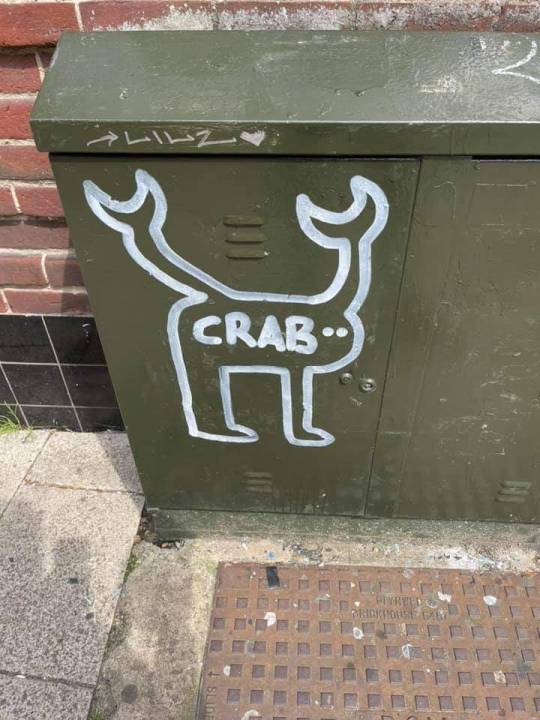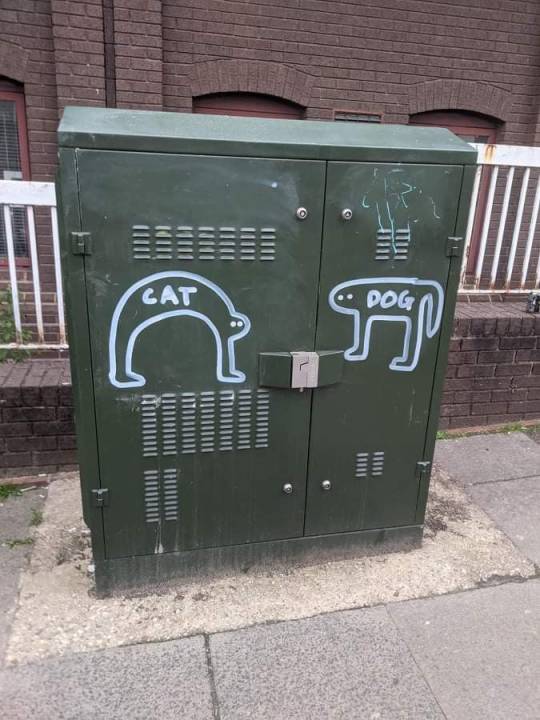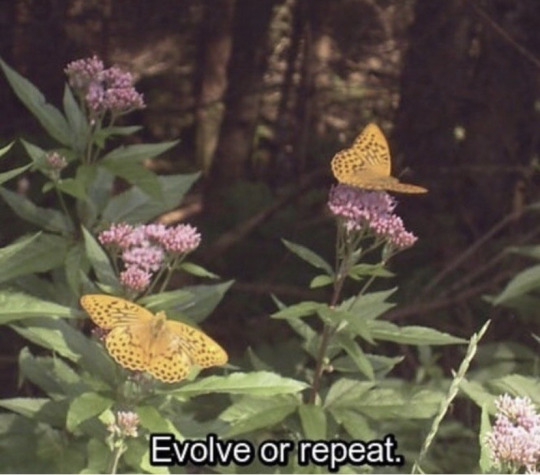Don't wanna be here? Send us removal request.
Text

Sophia de Oliveira Barata: ‘The Alternative Limb Project’ (2014)
2K notes
·
View notes
Note
for what it's worth. i look up to you as a very kind and socially insightful person and it's really amazing to feel my brain in real time reshape itself around the fact that you can be snarky and annoyed with strangers while still being overall a very kind person. it sounds so dumb but yeah. thanks for inadvertently teaching me the ways of persons, soon enough i hope to see myself as one too
this is a hard line for me to walk lmfao I know EXACTLY what you mean fwiw 🤝
I manage it largely by having little rules and checks for myself like. I try not to fight people who make dumb comments on my posts most of the time bc 1. it's not worth it 2. let people be annoying 3. I have so many viral posts if I did this more often I would do nothing else
but sometimes if there are like, PATTERNS and the same thing KEEPS HAPPENING OVER AND OVER I will get nerky. and then I think to myself. this person came into my house. the issue isn't not understanding the post. like it's not COMPREHENSION or lack thereof, for me. it's that if you fail to comprehend you have CHOICES as to how to BEHAVE about that. you can scroll past. you can ASK THE OP CLARIFYING QUESTIONS! but when people use their lack of comprehension as a way to be like "Ooooo, I bet I could say something snotty about this to make myself Look Cool And Smart On My Blog" then I will say. it is fair game for me to be like "this is a behavior that I Hate. I am going to express that with a measured post of my own in which I do not engage in cruelty or make assumptions or statements about you as a person while still indicating that I Hated That"
in dog socializing terms. I imagine Tumblr as The Dog Park. I am an older dog who is hanging out at the dog park and there's a lot of other dogs here and a lot of interactions with dogs I don't know. and FREQUENTLY dogs interact with me in socially inappropriate ways and I am 90% of the time employing de-escalation techniques that indicate "no thanks" without confrontation. e.g. yawns, lip licks, looking away, putting my ears back etc. and sometimes? if enough dogs at the same time are mobbing me and they don't pick up on my cues bc they're too caught up in "but I'M having fun trying to one up you!!!!"
then I will go
BARKBARKBARKBARK ARK ARKBARKBARKBARKBARK
anyway. I hope this helps. I put a lot of thought and energy into how I interact with people these days lol. it's about figuring out what my own boundaries are and trying to make my expectations for interaction fairly clear.
#I’m a little wistful it took me a while to rearrange my priorities like this but better late than never#I always hated being the kind of person who was impeccably behaved with everyone and snapped at loved ones#and it took a lot of work to manually swap these but it’s worth it#I owe my best efforts to my inner circle imo#(obvs this only goes for inner circles that are actually loving and supportive and constructive)#(and who don’t deserve to bear the brunt of your pent up aggression and foul moods)#I vent my worst on random assholes#this also reminds me of that east cost vs west coast saying — superficial niceties and kindess vs those actual things under gruff exterior#maybe it’s a bit of a false binary but it tracks that stretching yourself thin for everyone results in snapping at the important few
653 notes
·
View notes
Text
It's such a mervyn peake dead rat poem morning
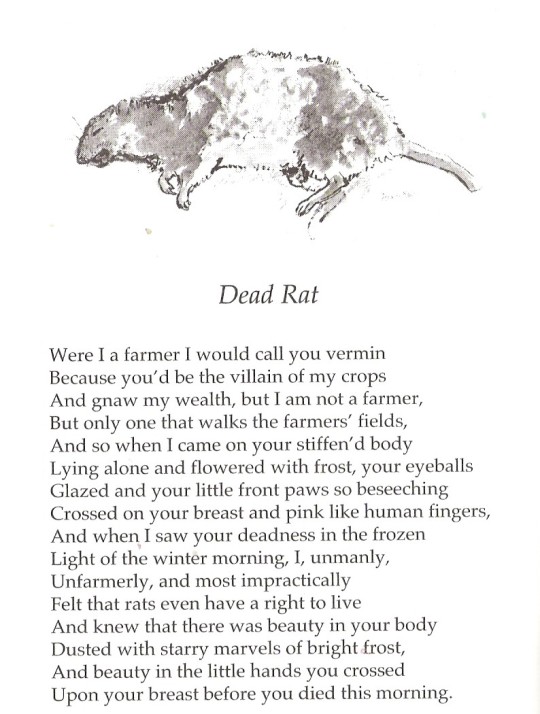
One of the poems ever.
30K notes
·
View notes
Text
How to avoid White Room Syndrome
by Writerthreads on Instagram
A common problem writers face is "white room syndrome"—when scenes feel like they’re happening in an empty white room. To avoid this, it's important to describe settings in a way that makes them feel real and alive, without overloading readers with too much detail. Here are a few tips below to help!
Focus on a few key details
You don’t need to describe everything in the scene—just pick a couple of specific, memorable details to bring the setting to life. Maybe it’s the creaky floorboards in an old house, the musty smell of a forgotten attic, or the soft hum of a refrigerator in a small kitchen. These little details help anchor the scene and give readers something to picture, without dragging the action with heaps of descriptions.
Engage the senses
Instead of just focusing on what characters can see, try to incorporate all five senses—what do they hear, smell, feel, or even taste? Describe the smell of fresh bread from a nearby bakery, or the damp chill of a foggy morning. This adds a lot of depth and make the location feel more real and imaginable.
Mix descriptions with actions
Have characters interact with the environment. How do your characters move through the space? Are they brushing their hands over a dusty bookshelf, shuffling through fallen leaves, or squeezing through a crowded subway car? Instead of dumping a paragraph of description, mix it in with the action or dialogue.
Use the setting to reflect a mood or theme
Sometimes, the setting can do more than just provide a backdrop—it can reinforce the mood of a scene or even reflect a theme in the story. A stormy night might enhance tension, while a warm, sunny day might highlight a moment of peace. The environment can add an extra layer to what’s happening symbolically.
Here's an example of writing a description that hopefully feels alive and realistic, without dragging the action:
The bookstore was tucked between two brick buildings, its faded sign creaking with every gust of wind. Inside, the air was thick with the scent of worn paper and dust, mingling with the faint aroma of freshly brewed coffee from a corner café down the street. The wooden floorboards groaned as Ella wandered between the shelves, her fingertips brushing the spines of forgotten novels. Somewhere in the back, the soft sound of jazz crackled from an ancient radio.
Hope these tips help in your writing!
11K notes
·
View notes
Text

Angela Lane — Transmission (oil on birch plywood, 2024)
5K notes
·
View notes
Text
99% of "mysterious disappearances" esp of people in their 20s who start acting weird for 48 hours and then vanish are not mysterious, thats just when a lot of reality-obliterating mental illness tends to kick in and it's pretty easy to get a short circuit in your brain that makes you go family guy death pose in joshua tree national park. it's not any less tragic, it's just a documented phenomenon and not particularly predictable. its a big reason the medical advice is for people with a family history of schizophrenia to completely avoid weed and psychedelics. "people just go crazy sometimes" is a principle of human health that used to be a lot more accepted prior to the american midcentury and to a certain extent thats a healthier way to conceptualize and prepare for the risk, as opposed to the modern assertion that anyone acting weird is dangerous and broken forever.
114K notes
·
View notes
Text
tbh i never really considered seals. until i finally saw one irl and was like omg. the creature
this is my artistic representation of what they looked like on the beach from where i was standing in the distance

it was the most magical day of my life
20K notes
·
View notes
Note
Where you the person behind the bear and cop show scam?


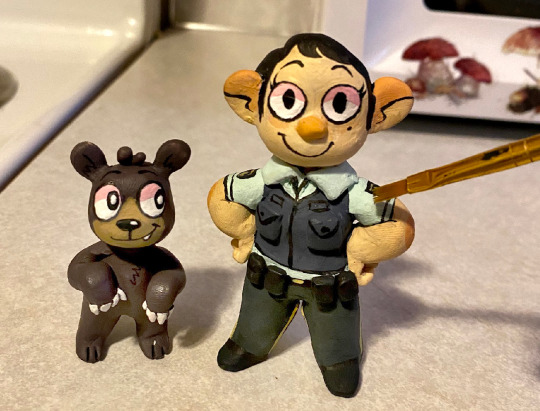
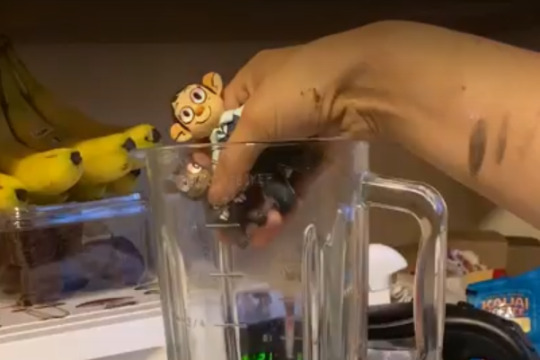

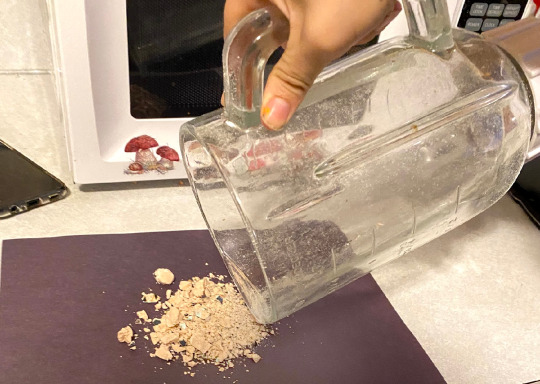
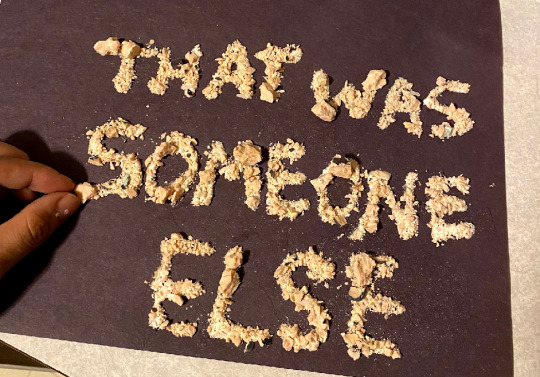
111K notes
·
View notes
Text
“Not all writing is cursed, but surely all of it is haunted. Literature is a catacomb of past readers, past writers, past books. Traces of those who are responsible for creation linger among the words on a page; Shakespeare can’t hear us, but we can still hear him (and don’t ghosts wander through those estate houses upon the moors unaware that they’ve died?). […] Of all of the forms of expression that humanity has worked with—painting, music, sculpture—literature is the eeriest. Poetry and fiction are both incantation and conjuration, the spinning of specters and the invoking of ghosts; it is very literally listening to somebody who isn’t there, and might not have been for a long while. All writing is occult, because it’s the creation of something from ether, and magic is simply a way of acknowledging that—a linguistic practice, an attitude, a critical method more than a body of spells. We should be disquieted by literature; we should be unnerved.”
— Ed Simon, from his essay “Who’s There?: Every Story Is a Ghost Story”, published in The Millions, August 18, 2021
2K notes
·
View notes
Photo
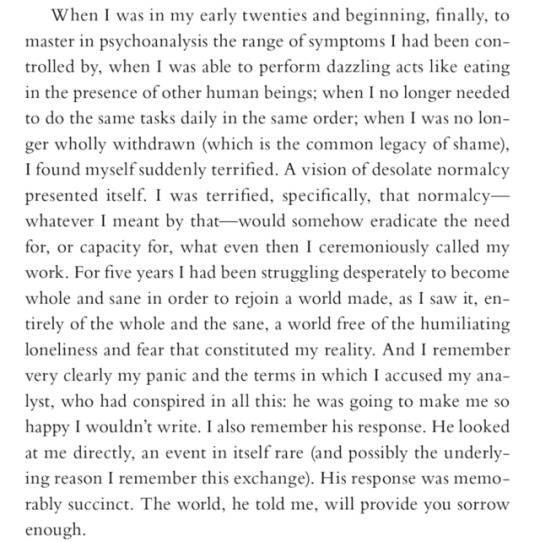
American Originality: Essays on Poetry
By Louise Glück
4K notes
·
View notes

